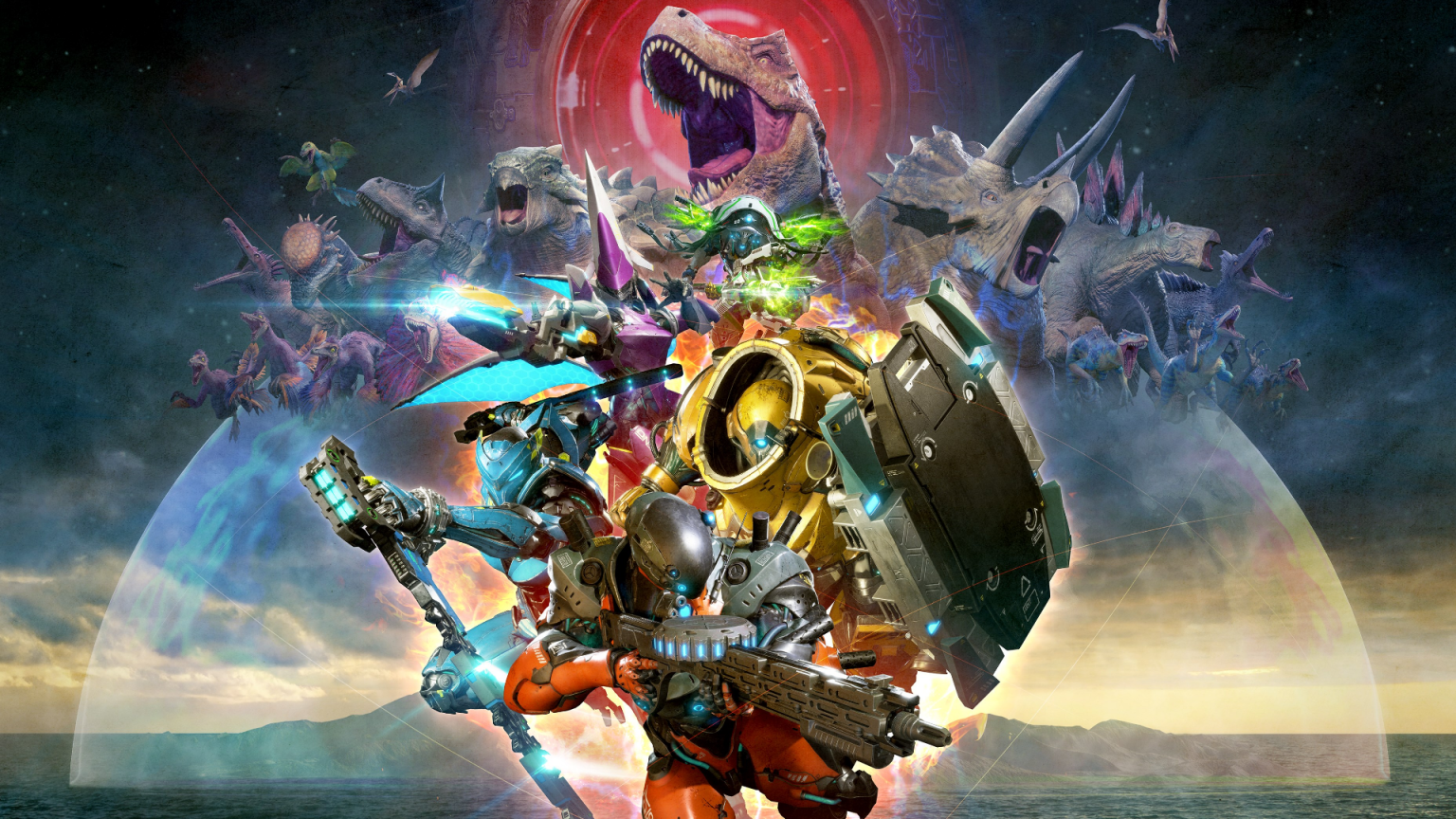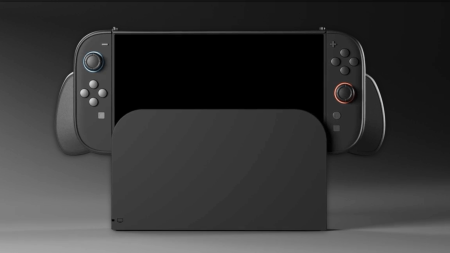The Evolving Landscape of Xbox Game Pass: A Shift in Content and Value Proposition
Xbox Game Pass, once lauded for its extensive and ever-growing library of games, has undergone a notable transformation in recent months. The subscription service, which operates on a rotating model of adding and removing titles, is now experiencing a shift in its content dynamics, with fewer additions and more removals becoming increasingly common. This trend, observed since significant changes were announced to the Game Pass structure, including price increases and the introduction of a new Standard plan devoid of day-one releases, is raising questions about the service’s overall value proposition for gamers.
The January 2025 departures highlight this shift. Six titles, spanning genres from puzzle-solving to action-packed shooters, are being removed from the service. These include Exoprimal, a multiplayer third-person shooter that initially launched as a live-service game but saw its new content updates cease, likely contributing to its departure from Game Pass. Also leaving are critically acclaimed puzzle experiences like Figment and Escape Academy, alongside the tactical FPS Insurgency Sandstorm, which boasts a substantial playtime requirement of over 100 hours. The departure of such diverse titles underscores the shrinking library and the potential impact on gamers’ access to varied gaming experiences.
The pattern of fewer additions coupled with more removals paints a picture of a shrinking Game Pass library. This trend is further accentuated by the specific games being removed – titles that previously attracted players with their diverse genres and gameplay experiences. Exoprimal, for instance, represents the challenges faced by live-service games in maintaining player engagement and content updates. The removal of well-received puzzle games like Figment and Escape Academy further diminishes the diversity of offerings available through the service.
This evolving landscape of Game Pass raises concerns about its long-term value proposition. As the library shrinks, players are potentially faced with fewer choices and a reduced likelihood of discovering new and engaging titles. The removal of popular games, especially those with significant playtime demands like Insurgency Sandstorm, can also lead to frustration for players who have invested time and effort into these experiences. The overall perception of value could diminish as subscribers grapple with a smaller and potentially less appealing selection of games.
The changes in Game Pass also provide an opportunity for competing subscription services to gain traction. PlayStation Plus, Apple Arcade, Switch Online, and even streaming platforms like Netflix are presented with an opening to attract players who may be reevaluating their Game Pass subscriptions. By offering a more robust and diverse library of games, or by providing a stronger value proposition through exclusive content and features, these competitors could potentially capitalize on the evolving dynamics within the gaming subscription landscape.
The current trend poses crucial questions for Xbox and the future of Game Pass. Maintaining a balance between content additions and removals is essential for upholding the perceived value of the service. Strategies to address this could involve focusing on securing high-quality titles with long-term appeal, investing in exclusive content that differentiates Game Pass from its competitors, and exploring new ways to engage subscribers with the existing library of games. The ongoing evolution of the Game Pass model will be closely watched by players and the gaming industry alike, as it navigates the challenges and opportunities presented by the ever-changing landscape of subscription services.











